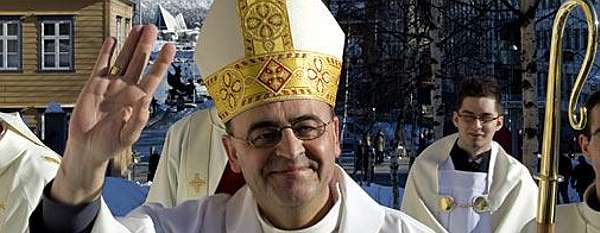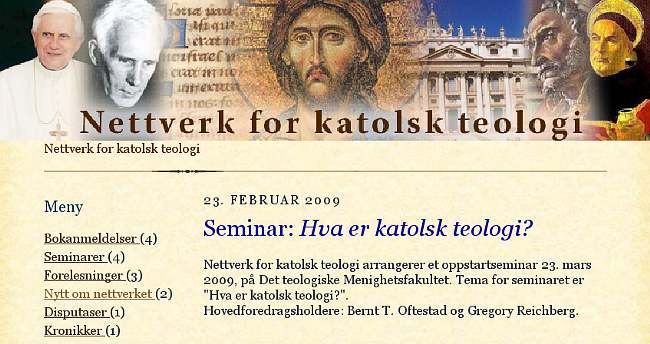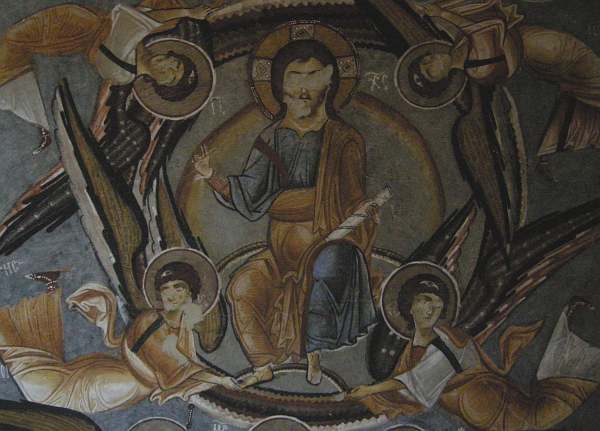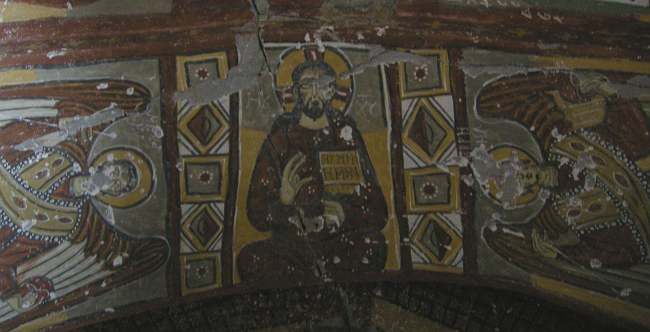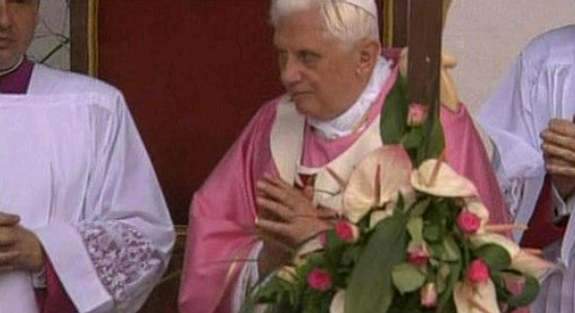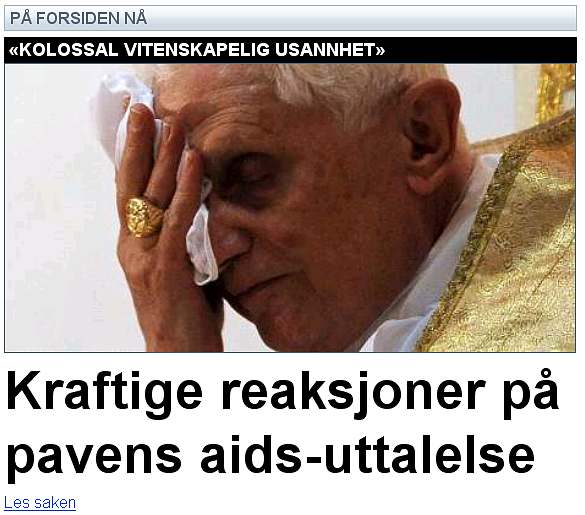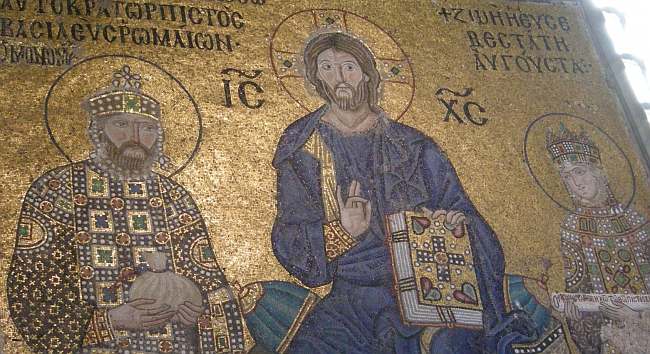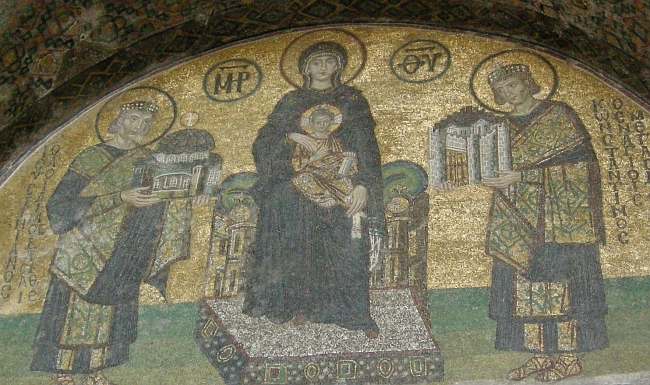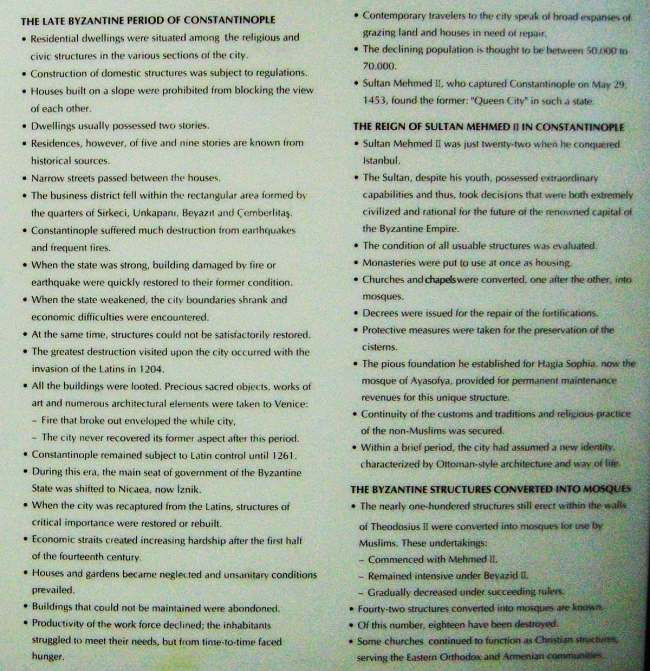De siste månedene har jeg lest flere steder om det som noen opplever som et problem; at det gis kommunion til barn (som ennå ikke har mottatt førstekommunion), til voksne katolikker (som ikke kan eller ønsker å motta kommunion) og til protestanter (som en økumenisk gest). Noen opplever det som et ekstra problem at også de ekstraordinæe kommunionsutdelerne gir slike velsignelser, ikke bare prestene.
I Norge vet jeg ikke om noen som har opplevd dette som et problem, så disse synspunktene synes kanskje noe fremmede for oss, men jeg leser i dag hos ZENIT (en svært god, katolsk nyhetstjeneste) at p. Edward McNamara, liturgiprofessor ved Regina Apostolorum Universitetet i Roma (som hver eneste uke svært grundig og godt på ulike liturgispørsmål) at Vatikanets Liturgikongregasjon faktisk ser grundig på dette spørmålet. Her er kjernen i saken:
En prest i Liturgikongregasjonen, p. Anthony Ward, SM, svarer i et brev av mer privat karakter (så langt ikke noe offisielt ennå) at: «this matter is presently under the attentive study of the Congregation,» so «for the present, this dicastery wishes to limit itself to the following observations»:
«1. The liturgical blessing of the Holy Mass is properly given to each and to all at the conclusion of the Mass, just a few moments subsequent to the distribution of Holy Communion.
«2. Lay people, within the context of Holy Mass, are unable to confer blessings. These blessings, rather, are the competence of the priest (cf. Ecclesia de Mysterio, Notitiae 34 (15 Aug. 1997), art. 6, § 2; Canon 1169, § 2; and Roman Ritual De Benedictionibus (1985), n. 18).
«3. Furthermore, the laying on of a hand or hands — which has its own sacramental significance, inappropriate here — by those distributing Holy Communion, in substitution for its reception, is to be explicitly discouraged.
«4. The Apostolic Exhortation Familiaris Consortio n. 84, ‘forbids any pastor, for whatever reason or pretext even of a pastoral nature, to perform ceremonies of any kind for divorced people who remarry’. To be feared is that any form of blessing in substitution for communion would give the impression that the divorced and remarried have been returned, in some sense, to the status of Catholics in good standing.
«5. In a similar way, for others who are not to be admitted to Holy Communion in accord with the norm of law, the Church’s discipline has already made clear that they should not approach Holy Communion nor receive a blessing. This would include non-Catholics and those envisaged in can. 915 (i.e., those under the penalty of excommunication or interdict, and others who obstinately persist in manifest grave sin).»
